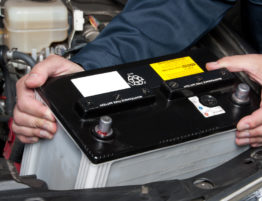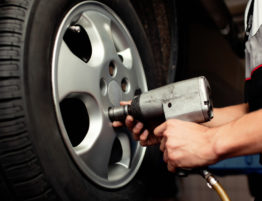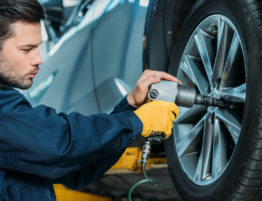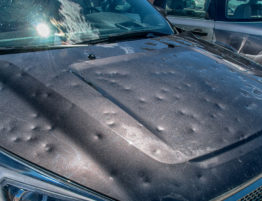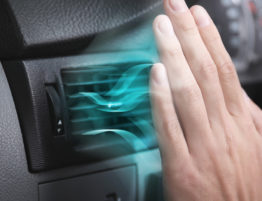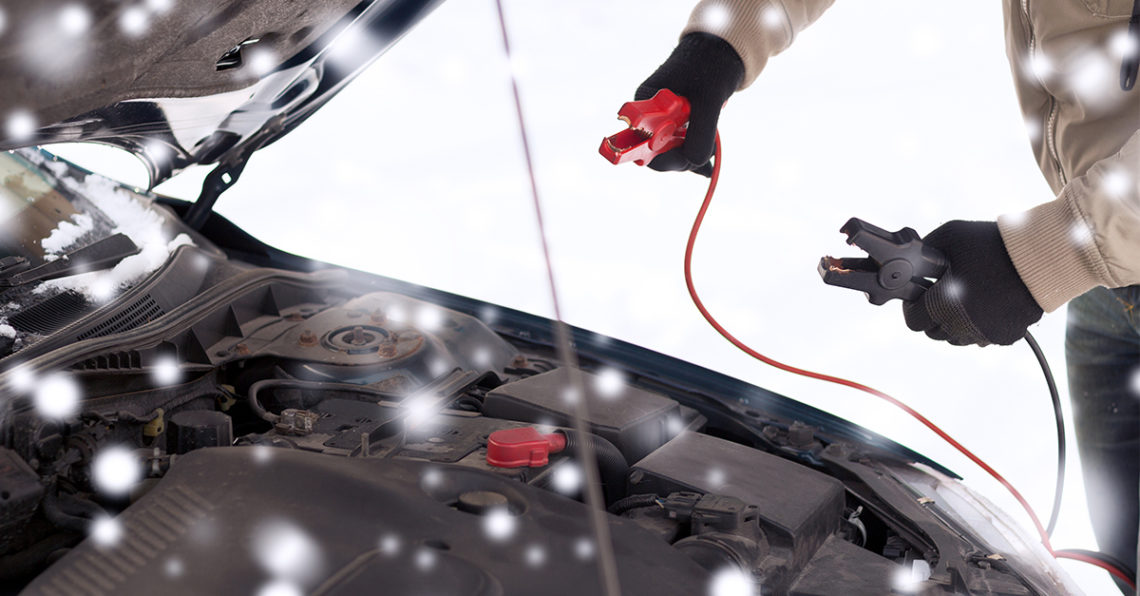
The very last thing anyone wants on a cold winter morning is to have trouble starting their vehicle. However, as far too many of us have found out the hard way that often that is exactly what does happen. So trying to prevent it is good for you as well as good for your car.
In order for you to know and recognize what can be done to help prevent cold weather starting issues, it helps to understand a little more about why they happen. The most common include all of the following:
You Battery Hates the Cold
Batteries and cold just don’t mix. This actually applies to even the most sophisticated batteries – have you ever noticed how much faster your phone loses its charge when it’s allowed to get very cold? – and that is certainly true for the battery in your vehicle. A cold battery produces less current, and so makes it harder for your vehicle to get going.
Engine Oil Does Not Like the Cold Either
Cold weather tends to thicken engine oil, meaning it does not flow as well as it usually does and moving all of the engine parts gets harder. This is bad news for your already weakened by the cold battery as it is going to have to work harder to get everything going.
The Cold Can Mess With Your Gas/
If there’s any water in your vehicle’s fuel lines (there shouldn’t be, but it happens more often than you might think), cold temperatures can cause that water to freeze, blocking the flow of fuel. This is most common in the fuel lines, which are thin and easily blocked by ice. A car with frozen fuel lines may turn over just fine, but it won’t run on its own.
Preventing Cold Weather Starting Problems
Now that you know what causes cold weather starting problems it’s time to take a look at some of the things you can do to prevent them.
Try to Keep Your Car Warmer
This may seem like a no-brainer, but it is not always easy. It’s always best to keep your vehicle in a garage during the winter months and a heated one if possible. But even an unheated garage is better than leaving your car out in the cold.
However, not everyone has access to a garage. If that is the case for you at least make sure that you park your vehicle near something big, like a tree or next to a building. This really does help – it’s all connected to the physics of heating and cooling – and a car parked in this way overnight will usually manage to stay several degrees warmer than one left completely out in the open.
Switch Up Your Oil
If you check your vehicle’s owner’s manual it should have a recommendation for what kind of engine oil you should be using in cold weather. Chances are it will tell you your car needs to rely on a multi-weight oil. These are designated by two numbers (10W-40 for example)
The first number, with the W, is for winter; the lower number means it flows more easily. 5W- and even 0W- oils exist, but check your manual to make sure that your vehicle would be able to handle it.
Prevent Fuel Issues
Auto parts stores and gas stations sell dry gas for gasoline cars and fuel conditioner for diesel, each to help combat fuel-line freezing and, in the case of diesel cars, gelling. Consider using a bottle every now and then. However, it should be noted that your fuel may come with such additives straight from the pump, so check with your gas station what’s in their fuel before putting anything else in your fuel tank.
Visit our Contact Us page to find out how and where to reach us.
We can also give you a free online estimate. Click here to give us the details of your car repair needs.
We work with all insurance companies and we can guarantee the quality of our work every time.


